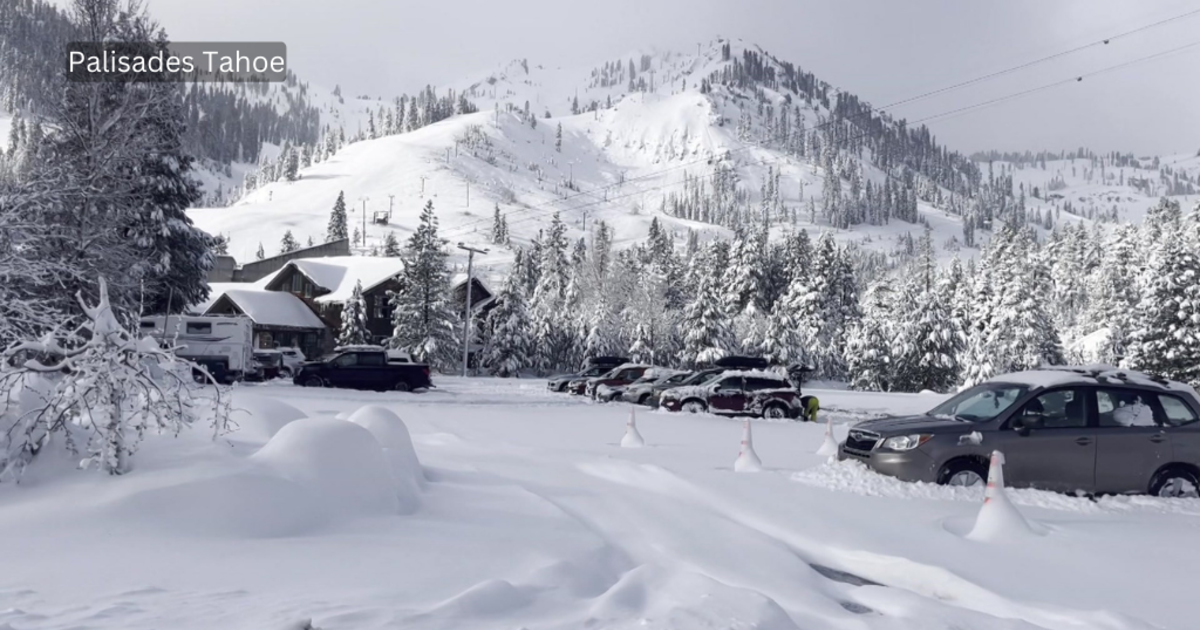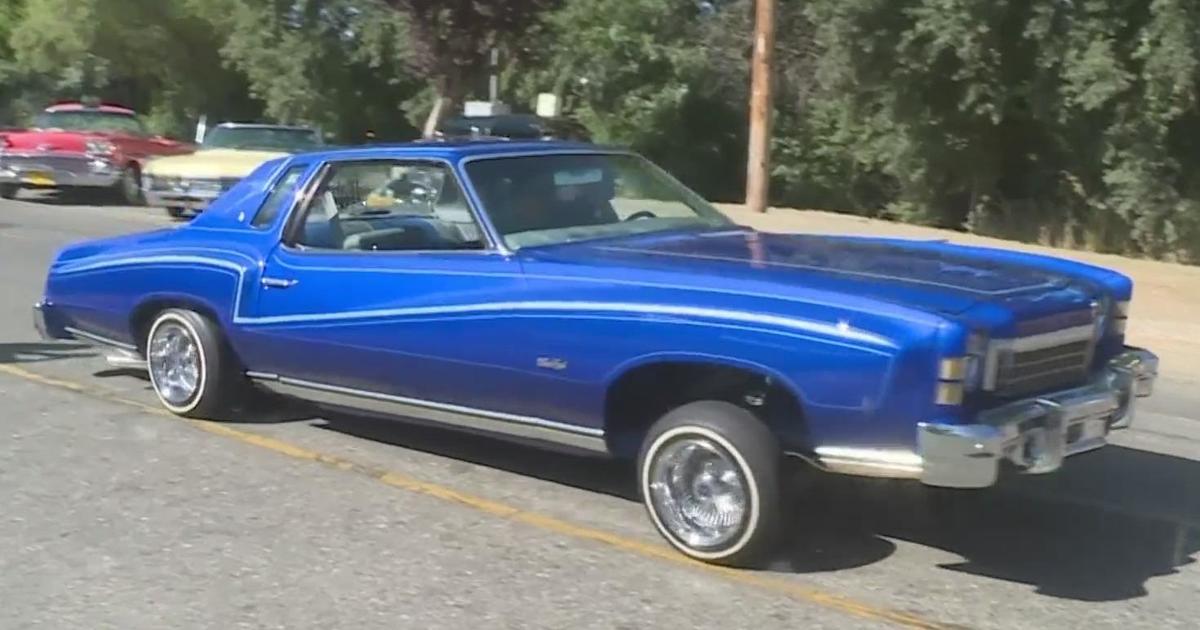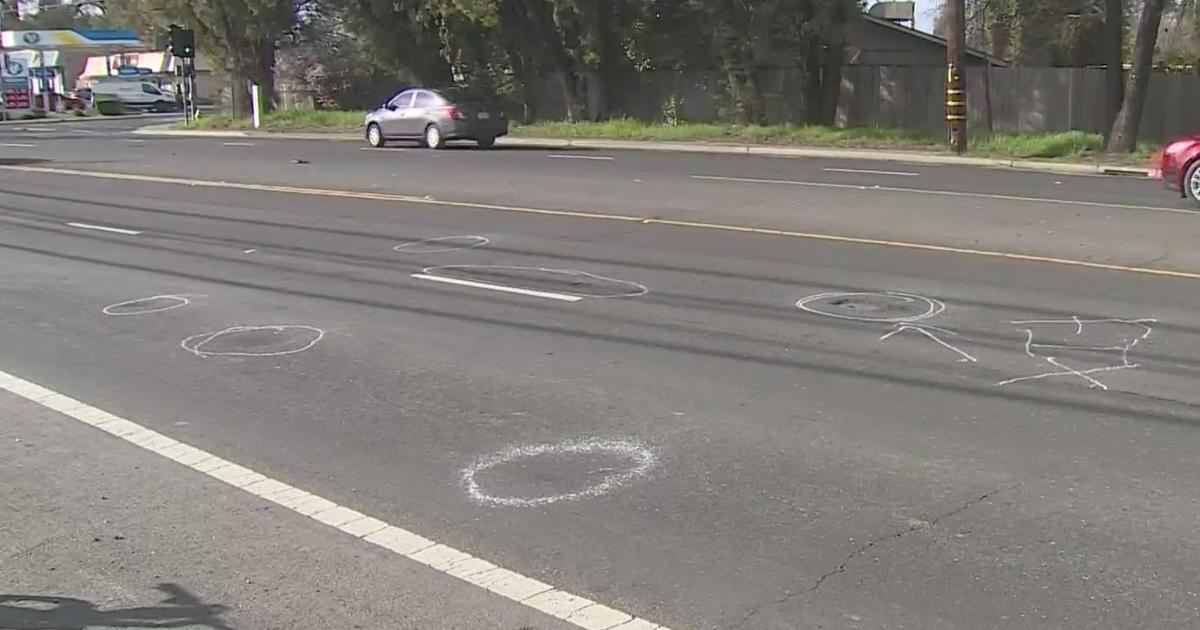Budget troubles won't change California Gov. Gavin Newsom's goals for 2nd term, he tells AP
Throughout the various crises in California Gov. Gavin Newsom's first term — devastating wildfires, the bankruptcy of the nation's largest utility, the deadly COVID-19 pandemic — the state's record-smashing budget surpluses were always there to smooth things over.
Now, as Newsom moves to build his national profile for political aspirations beyond the governor's office, looming multibillion dollar deficits could threaten to unravel the things on which he's staked his reputation, including free kindergarten for every 4-year-old and free health care for low-income residents regardless of their immigration status.
On Monday, after signing a budget that cut, delayed and borrowed to cover a $31.5 billion deficit, Newsom convened hundreds of agency officials, department heads and deputies for an all-day meeting to stress the importance of protecting those commitments.
"I have a sell-by date, three and a half years. The clock's ticking," the Democratic governor told The Associated Press in an interview the next day. "I'm a milk carton, you know? And I don't want to get sour."
Newsom spoke broadly about his plans for navigating the state's challenges during his second and final term in office, which runs through January 2027, with deficits that could reach a combined $81 billion over those four years.
How Newsom governs the nation's most populous state through the budget downturn may serve to bolster or diminish his credibility on the national stage. Newsom has repeatedly said he's not running for president in 2024. But he's increasingly stepping beyond California as a surrogate for President Joe Biden — and future standard bearer of the Democratic Party. He's burnishing those credentials by raising money for Democrats in red states and casting himself as a political and cultural foil to Republican rivals like Florida Gov. Ron DeSantis.
Newsom told AP that California's budget troubles won't change his agenda or stop him from taking big policy swings, such as overhauling how the state spends money on and treats people with mental illness and more quickly building clean energy and water projects.
He indicated he supports legislation that would let more people be detained against their will because of mental illness or drug addiction, though he stopped short of committing to sign it.
The bill, by Democratic state Sen. Susan Eggman, has the support of mayors from California's largest cities, who say they need it to better care for the nation's largest homeless population.
"We've made it crystal clear to her privately that we are supportive of the direction she's going," Newsom said. "That said, you know, it depends what comes out."
Newsom said he wants to be sensitive to concerns from some mental health advocates about the potential for depriving people of fundamental rights.
"I'm very sensitive that we don't want to go back to the old ways," he said. "I'm confident that in her bill she will be sensitive to those broader concerns as well."
More broadly, Newsom wants voters to approve a $4.6 billion bond to build 10,000 new clinic beds and homes for people with mental illnesses. He has also proposed changing how the state spends money from a nearly two-decade old ballot measure that raised taxes on millionaires to fund mental health services.
Newsom doesn't see his second term as playing defense to prevent cuts to some of his priorities. Instead, he said, his job is to implement the promises he made in his first term. But some adjustments are inevitable.
Newsom has committed to spending more than $50 billion on climate projects and protections over the next few years, an unprecedented amount of environmental spending. But he reduced that commitment by a few billion dollars this year to balance the budget, drawing criticism from some environmental groups who accused him of backtracking.
This year Newsom paired the climate spending with an overhaul of building and permitting codes to speed up how long it takes to put up things like wind turbines and solar farms. Newsom said the changes were necessary because the climate spending "meant nothing unless we could deliver on it."
Still, some environmental groups initially opposed them, seeing them as a ploy to benefit projects they say have no ecological benefit, like building new reservoirs. They've grown increasingly critical of Newsom's environmental policies over the years, with one advocate calling him the state's worst governor on water and endangered species issues.
The dispute is personal for Newsom, who said he bonded with his father, a California judge who died in 2018, from a young age over support for environmental causes.
"You find me a governor in the country with a record like ours, and yet (environmental groups) are still so quick to criticize. I don't know how that advances the cause," he said. "I don't think they're building more trust around here."
Newsom still has his eye on national politics, including plans to lobby other state legislatures to pass an amendment to the U.S. Constitution that would impose a waiting period for all gun purchases, ban assault rifles, require universal background checks and raise the minimum age to buy a gun to 21.
To boost that effort, he's using money from a political action committee he started to raise money for candidates and causes in Republican states. He recently met with Democrats in Idaho and Utah, and he's received invitations to other state party conventions.
"I'm not just raising money, I'm writing checks," Newsom said. "I'm not surprised I'm getting calls."



